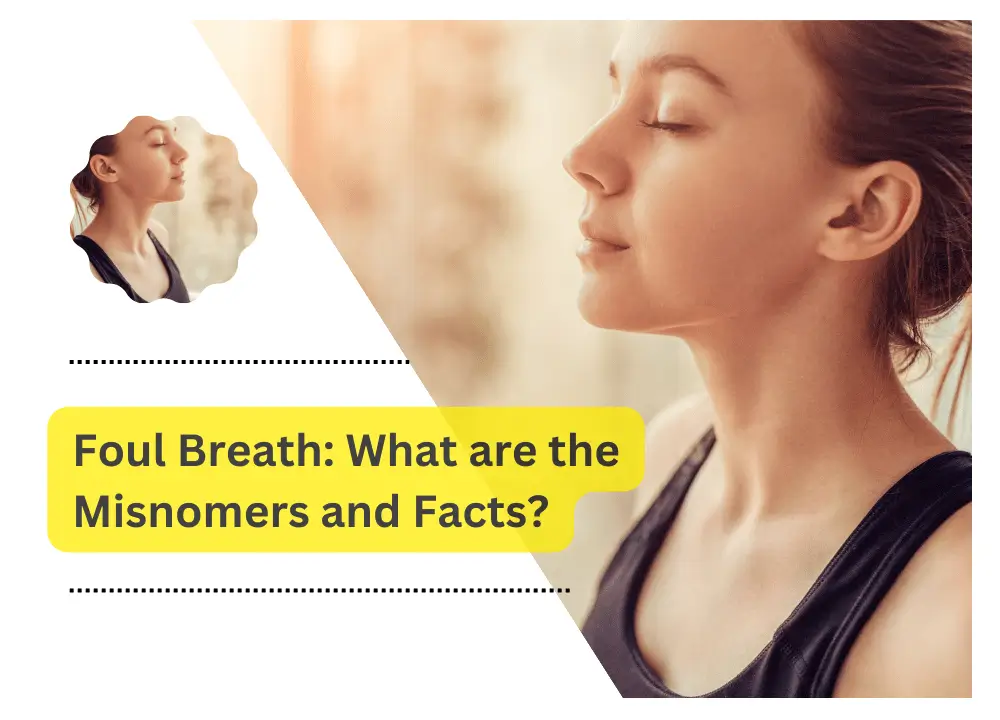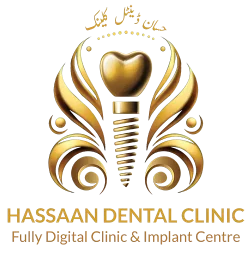Your health can be affected by whatever you eat. Checking what you are eating is crucial. Teeth scaling and polishing methods are to prevent teeth from damage. Remedies on the marketplace that claim to improve breath are abundant. These items provide a temporary solution to cover offensive odors. But because they don’t deal with the underlying source of the issue, these fixes are merely interim.
Foul breath:
A frequent issue that many individuals deal with every day is bad breath. Although being known, this problem is surrounded by many myths and misnomers. They could cause miscommunication and perplexity. When someone notices they have foul breath, a lot of people become uneasy. They avoid social situations or close interactions. Since foul breath indicates a serious issue, it’s critical to identify and treat the cause.
Why Do People Breathe Badly?
Poor oral hygiene is the primary cause of foul breath most of the time. It may, however, occasionally be brought on by digestive problems or changes in your dietary habits. Dental decay, cavities, and other medical conditions can aggravate bad breath. People can usually get rid of foul breath by increasing their frequency of oral hygiene. Visit a nearby dentist to learn more about other options and root causes of your foul breath if self-care measures aren’t working.
Misnomers related to bad breath:
Some of them are the following:
Poorly treated condition:
It’s a frequent misperception that foul breath is irreversible. It’s critical to maintain dental health and stay away from foods that exacerbate bad breath. For more significant medical concerns, consulting a healthcare provider may be imperative.
Can be covered up with candy or chewing gum:
The idea that bad breath may be concealed with mints and dental floss is another misconception. While these products may provide temporary relief, they don’t address the underlying cause of bad breath. Addressing the underlying cause of foul breath is essential to treating bad breath. Either a medical condition or poor dental hygiene could be the cause.
Bad breath is communicable:
Some people think that foul breath is transmissible, which makes people ignore those who are thought to have it and isolate themselves socially. In actuality, unlike the flu or cold, poor breath is not communicative. It is the outcome of specific oral bacteria generating putrid-smelling substances.
Resulting from poor dental hygiene:
It’s a common misconception that unclean teeth are the only cause of foul breath. Poor dental care is one aspect that could be at play. Bad breath can be caused by many things, such as anxiety and cigarettes. There may be more things at play than poor dental hygiene for people who think that’s the only reason they have bad breath. The core of the issue is not addressed by them.
When to Consult a Medical Expert:
You should consult a medical expert if your foul breath doesn’t go away. Bad breath that lingers could indicate a more significant medical issue.
Recall that foul breath is a frequent concern that frequently indicates a more serious issue. There are numerous methods to improve it, so there’s no need to feel ashamed. Don’t allow foul breath to hinder you. Get support to restore your trust in yourself.
Facts about foul breath:
Mouth dryness:
A dry mouth is one of the most typical reasons for foul breath. Microbes can grow and release noxious fumes in a dry mouth. Dry mouth can be brought on by thirst, adverse drug reactions, and medical disorders. Chewing sugar-free mints between meals can increase salivary flow and reduce dry mouth.
Healthcare Concerns:
Moreover, bad breath could be a sign of more severe illnesses. It includes gum disease, respiratory conditions, and intestinal problems. If your foul breath is still present even after practicing good oral hygiene, see a physician. Inspections conducted at regular intervals might help detect and address any ongoing medical conditions that may be causing bad breath
It is inevitable:
There’s a difference between bad breath that occurs occasionally and one that persists. Certain foods or poor dental hygiene might contribute to bad breath. A treatment plan for bad breath may include frequent dental appointments, mouthwash, teeth cleaning, and regular dental care. If the condition is bad enough, your dentist may be solely able to pinpoint the exact cause of the sickness and offer treatment.
Prevention:
- Minimum of twice a day, clean and brush.
- Use a mouthwash made specifically to get rid of foul-breathing bacteria.
- Get yourself a tongue cleaner. It is a useful device for clearing your tongue from beverage and food residue.
- Give up cigarettes and vaporizers.
- See a physician if you require assistance in breaking your habit.
- Maintain the health of your gums.
Conclusion:
In conclusion, consistent flossing practice can help manage the foul breath. Gaining knowledge about the causes of foul breath may aid in enhancing dental health in general. It’s imperative to visit a doctor to find out if there are any underlying medical conditions. It’s as if several remedies are tried but the foul breath still doesn’t go away. Recall that maintaining fresh breath improves your reputation and oral health.



